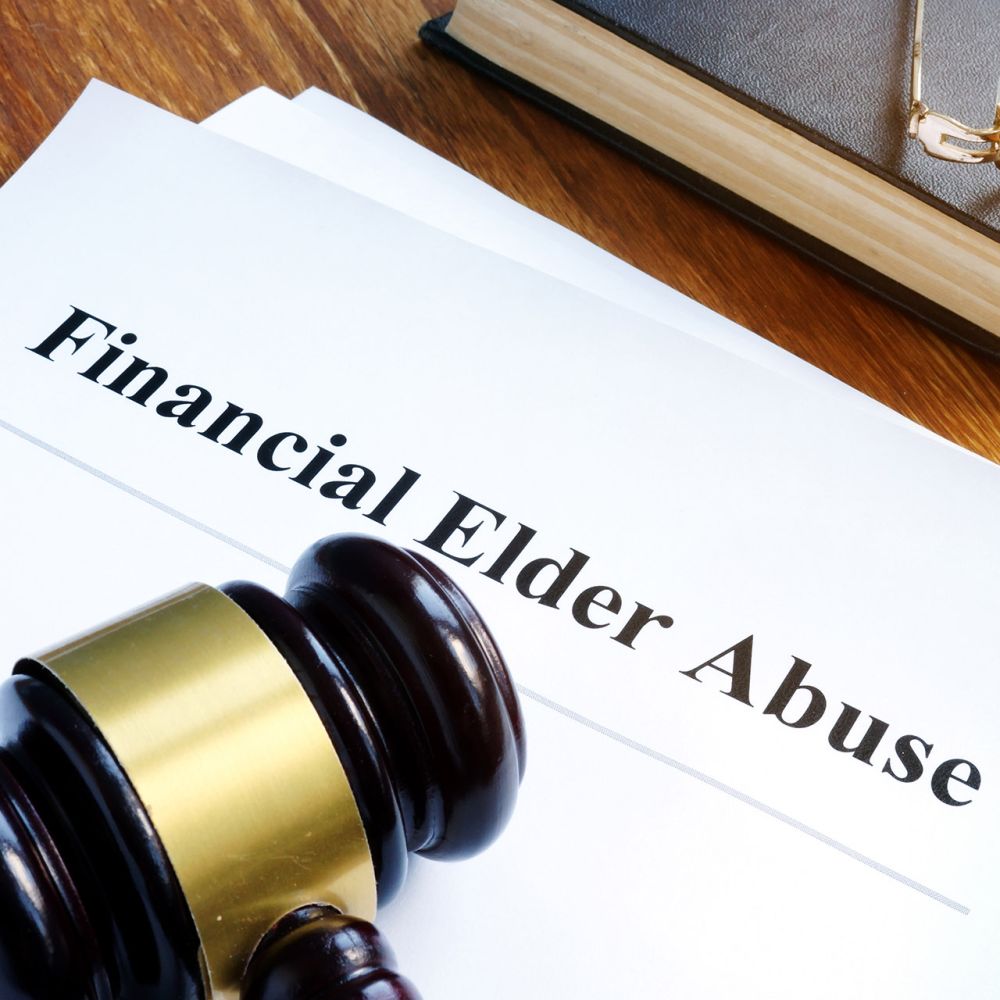
What is Financial Abuse?
Financial Abuse or Exploitation: the illegal, unauthorized, or improper use of an older individual’s resources by a caregiver or other person in a trusting relationship, for the benefit of someone other than the older individual. This includes, but is not limited to, depriving an older person of rightful access to, information about, or use of, personal benefits, resources, belongings, or assets. Examples include forgery, misuse or theft of money or possessions; use of coercion or deception to surrender finances or property; or improper use of guardianship or power of attorney.

If you need help
Visit One Place Family Justice Center at 530 S. Lawrence Street, Montgomery, Alabama or call 334.262.7378 or if you are in immediate danger Call 911.
